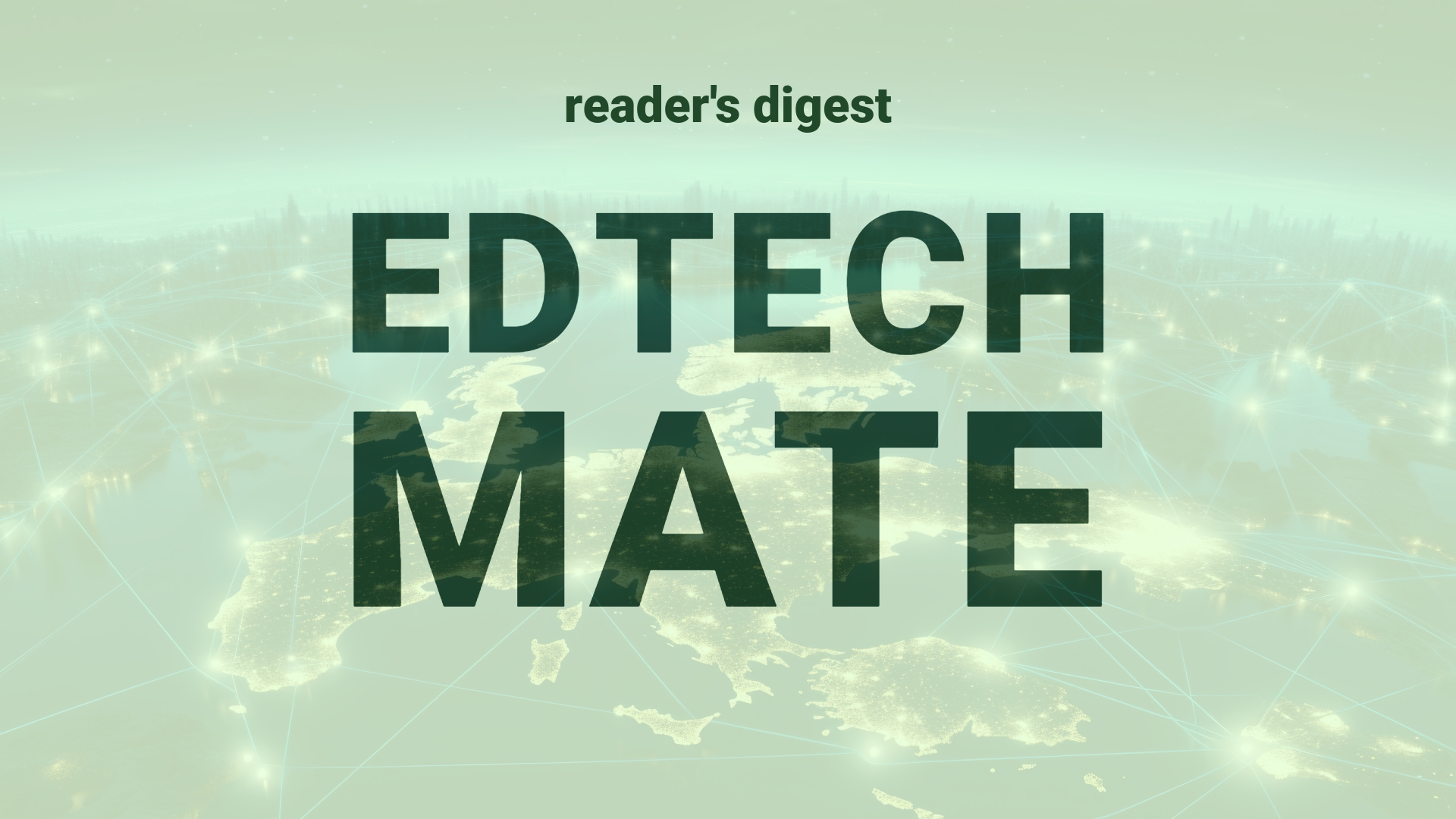Executive Summary and Main Points
The recent updates and product releases in Azure services indicate a significant push towards enhancing log analytics capabilities, integration with AI training modules, and improving application performance through advanced monitoring tools. Key innovations include the availability of dedicated clusters in Azure Monitor and Log Analytics in the Azure portal, summary rules for optimized data consumption in Azure Monitor Log Analytics, and updates to Azure SQL. Additionally, the Azure Cosmos DB now supports continuous backup with Azure Synapse Link and MongoDB Version 7.0. Microsoft is also introducing Azure Virtual Network Manager’s mesh connectivity for improved latency and network management. Notably, Azure Load Testing has been enriched with direct integration with Azure Functions and debug mode operations. Lastly, Azure Monitor’s adoption of OpenTelemetry-based Live Metrics represents a strategic move towards real-time application insights, and the Azure Monitor Log Enablement Policy Expansion signifies a commitment to auditability and compliance in cloud services.
Potential Impact in the Education Sector
These updates could impact Further Education and Higher Education institutions by providing advanced tools for data analytics, research, and infrastructure management. For example, summary rules in Azure Monitor Log Analytics may enable institutions to handle large datasets more efficiently for research purposes. The added functionality to run Azure Load Testing directly from Azure Functions can support the development of robust educational applications and platforms. Universities leveraging Azure SQL will benefit from improved text data handling, potentially enhancing linguistic research and database management. Additionally, the introduction of Azure Cosmos DB continuous backup aligns with the growing need for data security in educational institutions, especially those using big data for educational analytics and research. The embrace of AI and machine learning through Azure Foundation Model Training will empower educational institutions to tailor AI models to specific academic needs, fostering a higher degree of personalization and innovation in pedagogical tools. As for Micro-credentials, these technological advancements could enable more sophisticated delivery and tracking mechanisms.
Potential Applicability in the Education Sector
The introduction of various Azure services can be applied in the global education sector to advance digital transformation initiatives. AI and digital tools can be used to enhance student learning experiences, streamline administrative processes, and foster collaborative research environments. Live Metrics from Azure Monitor could allow for real-time tracking of educational application performance, helping IT departments in universities to enhance user experiences for students and faculty. Moreover, the Azure Virtual Network Manager’s direct connectivity might facilitate more efficient cross-institution collaborations by providing low-latency connections between research databases. Finally, the ability to train models with Azure Databricks or to use Azure Monitor for comprehensive observability could help educational organizations to make informed decisions based on analytics and live operational data.
Criticism and Potential Shortfalls
While these technological advancements offer significant potential, there are potential criticisms and shortfalls to consider. The complexity and technical expertise required to implement and manage these services may present challenges for smaller institutions with limited IT resources. Governing data privacy and ensuring ethical use of student information for analytics can also raise concerns. Differing international data protection laws may affect the applicability of services like continuous backup in varying jurisdictions. In the context of further education, there might be a digital divide where under-resourced institutions may not be able to leverage these advanced technologies, potentially widening educational disparities. Additionally, the use of machine learning and AI must be critically examined to avoid biases in model outputs that could affect educational equity.
Actionable Recommendations
To effectively implement these technologies in higher education projects, institutions should invest in training IT staff to manage new Azure services and leverage strategic partnerships for both technological and academic cooperation. Aligning the use of these technologies with institutional goals, such as research excellence or enhanced learning outcomes, can maximize their impact. It’s recommended to adopt a phased approach for the implementation, starting with testing in non-critical areas to measure effectiveness. Collaboration with ethical boards and data protection officers is essential to safeguard against misuse of sensitive data. Finally, leadership in international education should consider forming consortia to share best practices, infrastructure costs, and jointly address regulatory compliance, ensuring an inclusive digital transformation across the global higher education landscape.
Source article: https://techcommunity.microsoft.com/t5/azure-updates/week-of-june-18-2024-azure-updates/ba-p/4170142

